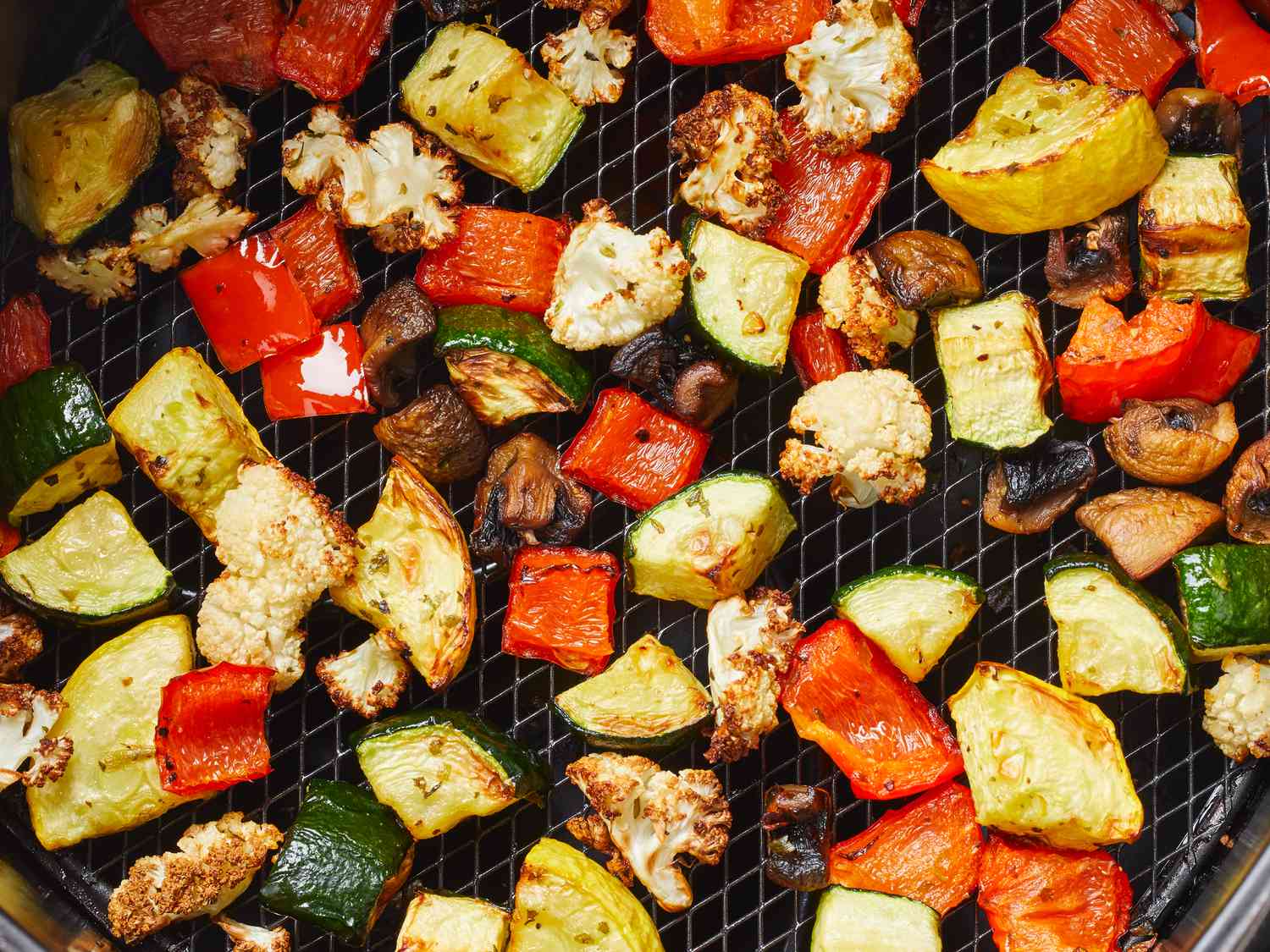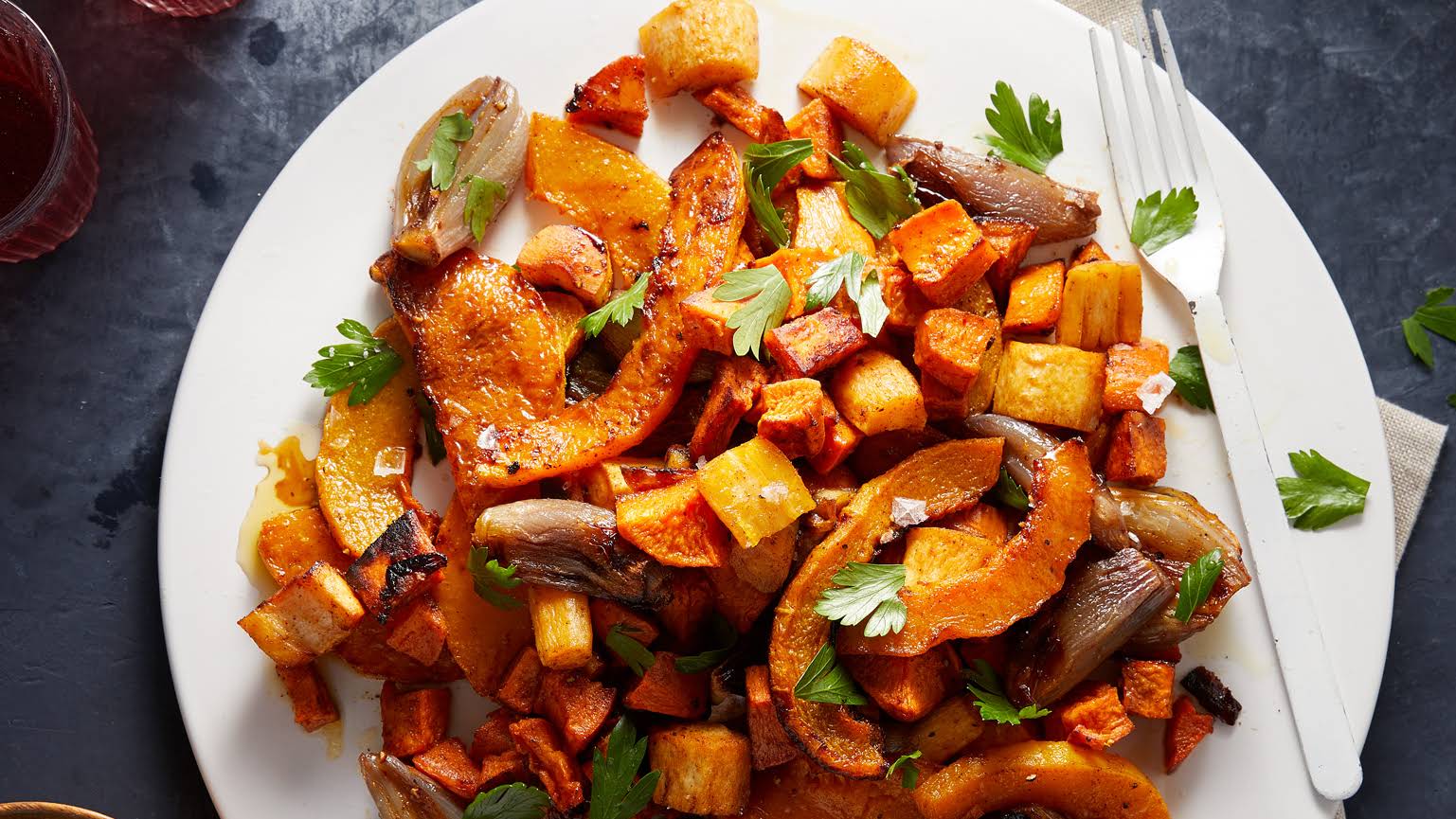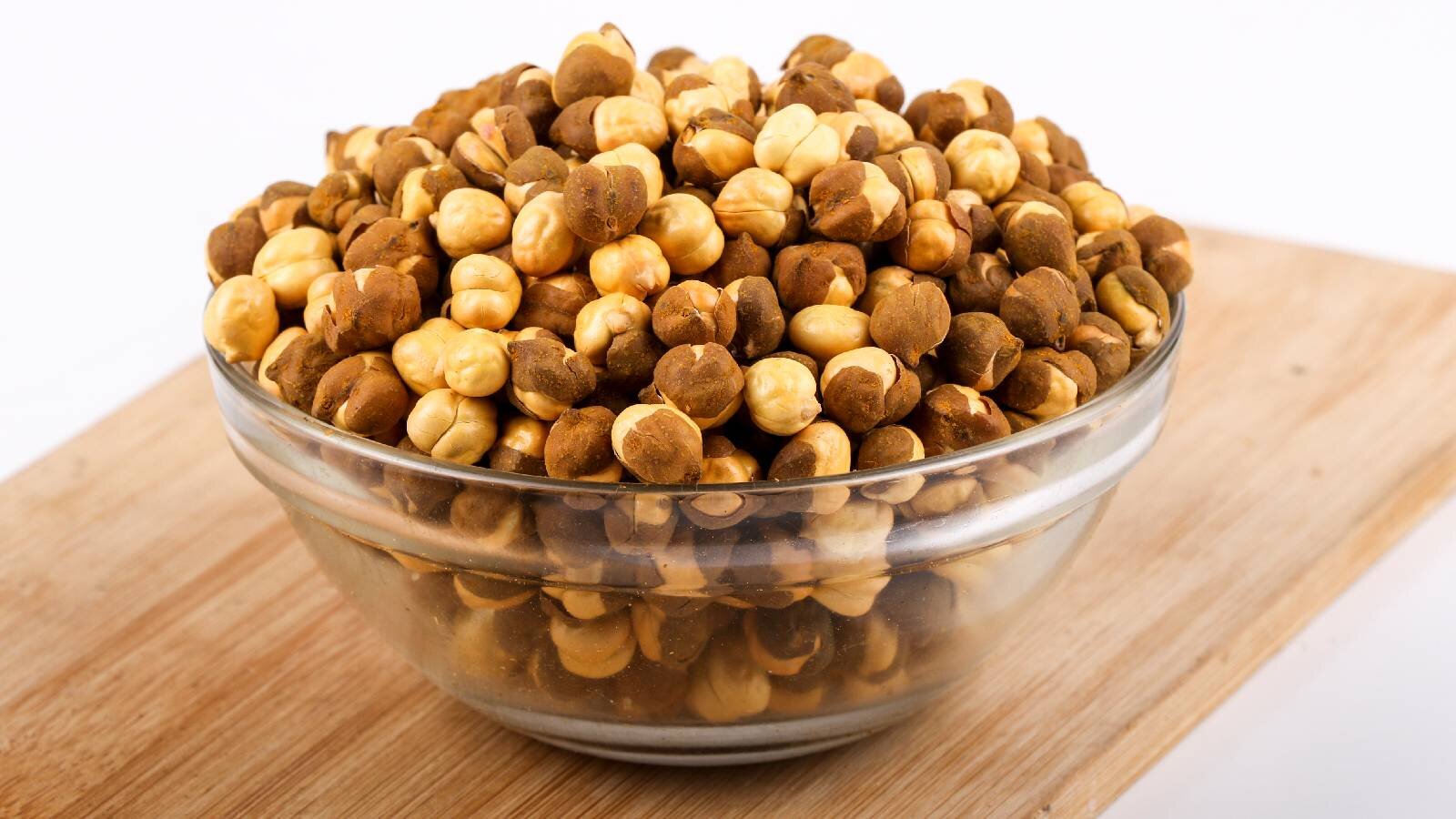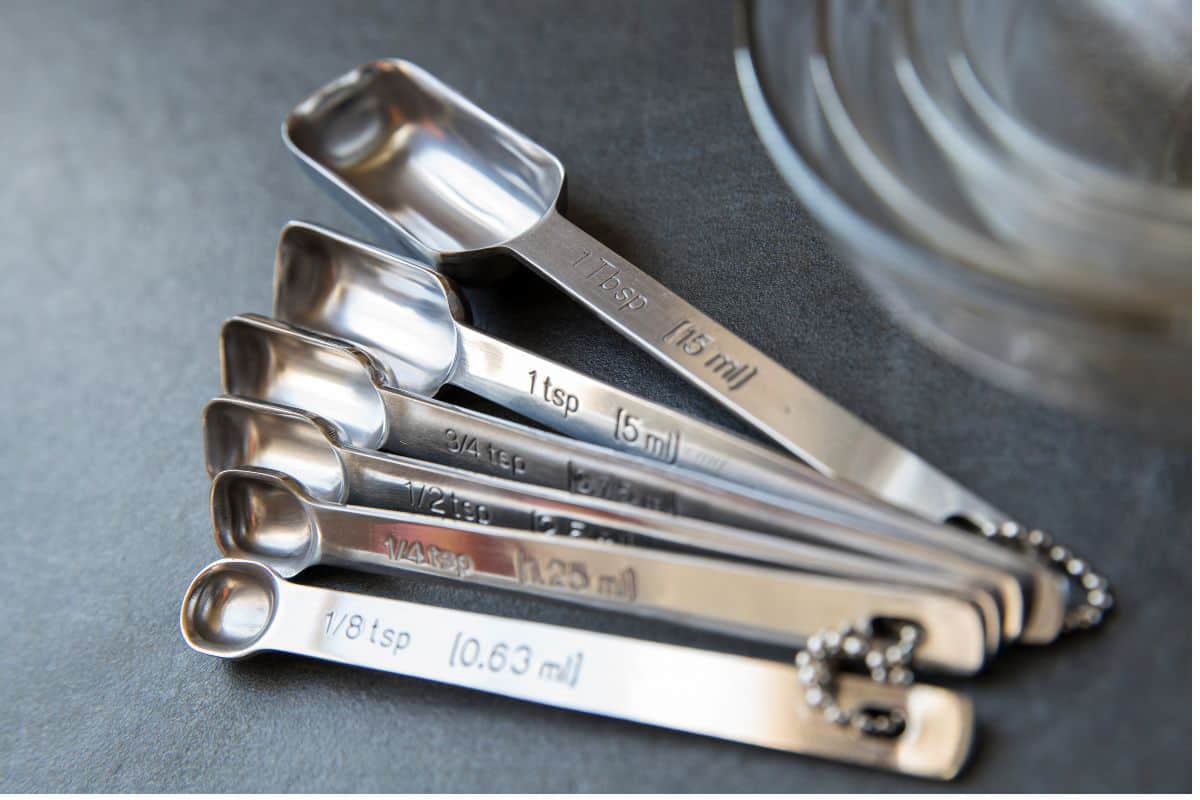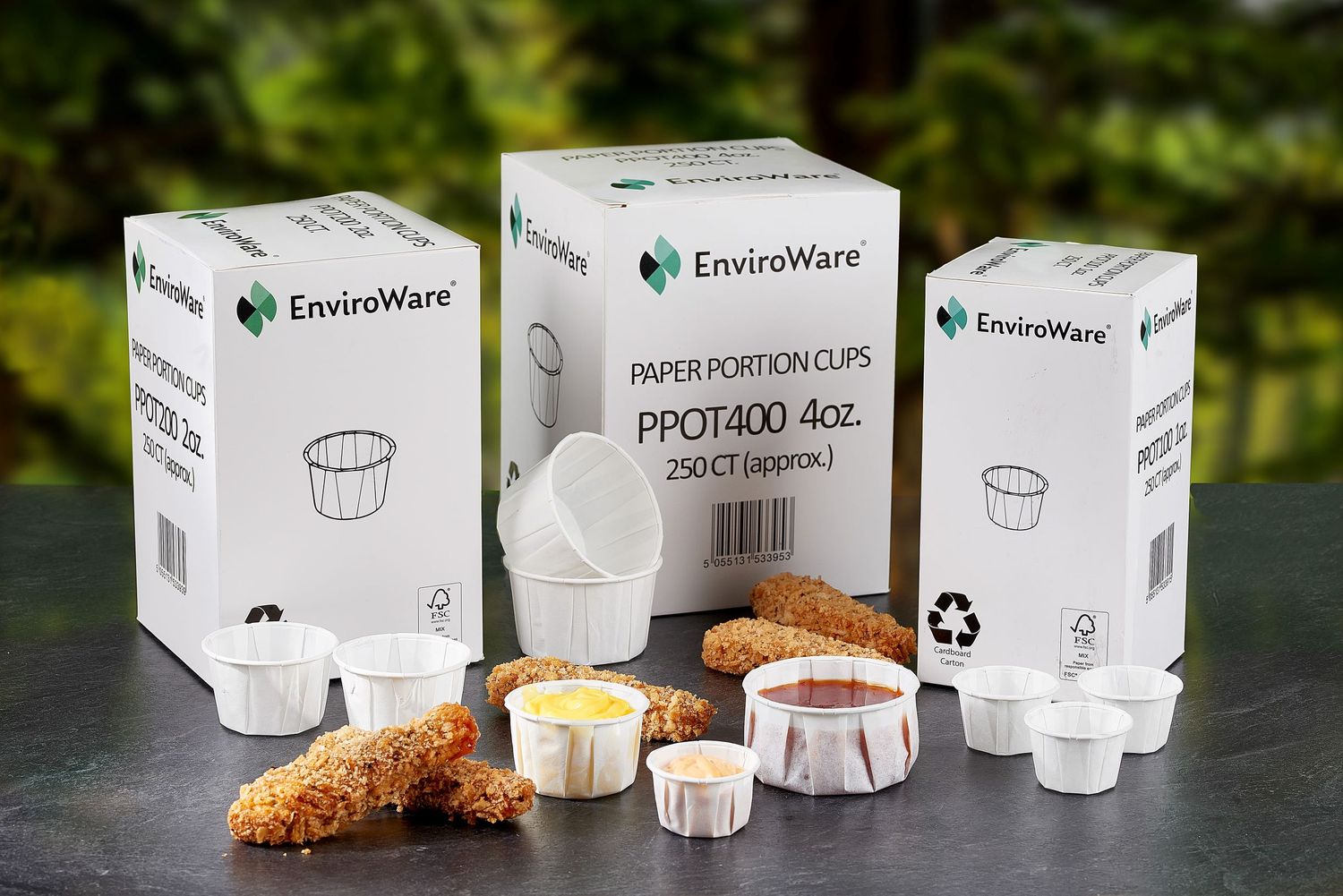Roasting Eggs in the Oven for Passover
Passover is a time of tradition and celebration for many people around the world. One of the symbolic foods eaten during this holiday is the roasted egg. Roasting an egg in the oven for Passover is a simple and meaningful way to honor this tradition. Here’s a step-by-step guide on how to roast an egg in the oven for Passover:
Ingredients:
- 6 eggs
- 1 tablespoon of olive oil
- Salt and pepper to taste
Instructions:
- Preheat your oven to 350°F (175°C).
- Place the eggs in a single layer in a baking dish.
- Drizzle the eggs with olive oil and sprinkle with salt and pepper.
- Cover the baking dish with aluminum foil.
- Place the dish in the oven and roast the eggs for 25-30 minutes.
- Remove the dish from the oven and let the eggs cool before serving.
Roasting the eggs in the oven gives them a unique flavor and texture that is perfect for Passover meals. The olive oil adds a rich, savory taste, while the salt and pepper enhance the natural flavor of the eggs.
Once the eggs are roasted, they can be served as a side dish or used in other Passover recipes. Roasted eggs are a versatile ingredient that can be enjoyed in a variety of ways during the holiday.
The Symbolism of the Roasted Egg:
During the Passover Seder, the roasted egg is a symbol of mourning for the destruction of the Temple in Jerusalem. It also represents the circle of life and the cycle of renewal. The act of roasting the egg is a way to connect with these symbolic meanings and reflect on the history and traditions of the holiday.
Roasting an egg in the oven for Passover is a simple yet meaningful tradition that can be enjoyed by people of all ages. Whether you are hosting a Seder or simply want to incorporate more traditional foods into your holiday meals, roasting eggs in the oven is a wonderful way to honor the spirit of Passover.
So, this Passover, consider adding roasted eggs to your menu and savor the rich flavors and deep symbolism of this ancient tradition.
Happy Passover!
More Delicious Passover Recipes and Ways to Use Roasted Eggs
Once you've mastered the art of roasting an egg for Passover, a delightful array of recipes awaits your culinary prowess. From salads to main courses, the versatility of roasted eggs shines through. For a fresh, wholesome start, try the Roasted Egg and Avocado Salad, which pairs creamy avocado with the rich, smoky flavor of roasted eggs. If you're in the mood for something heartier, the Passover Shakshuka with Roasted Eggs offers a comforting dish with vibrant flavors and textures. For those who enjoy exploring international cuisines, the Spicy Roasted Egg and Lentil Curry provides a wonderful introduction to the aromatic world of curries, blending spices and roasted eggs into a satisfying meal. These recipes not only utilize your new skill but also enhance your Passover menu with exciting, flavorful options.
Was this page helpful?
Read Next: How To Roast A Raw Egg For Passover
